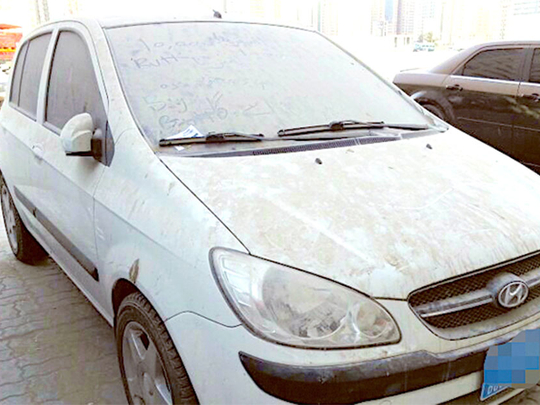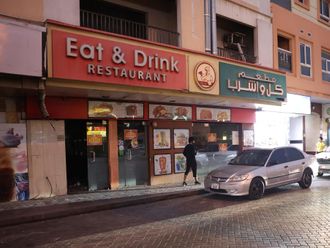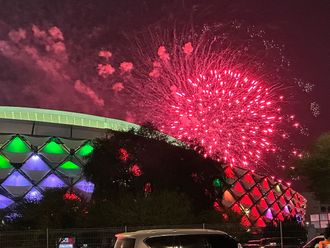
Dubai/Sharjah: Dirty cars left in public places have been attracting fines as well as cheeky reminders to clean up left on dusty windshields.
One concerned person had slipped Dh20 under the front wiper of a dirty car parked at the Atlantis resort, along with a “please wash me” note on the dusty windshield.
Other memos are not so kind, and leave behind explicit words and drawings or random scribbles for car owners. One car carried a “4 sale” pitch on its dust-covered back window; another had a “For scrap” business card placed under the wiper.
Gulf News came across scores of cars blanketed by dust, dirt or bird droppings during a random sweep in Dubai and Sharjah recently. Some had not been moved for months, according to people in the area.
Hundreds of dirty cars are towed away by authorities after warnings to clean up or move them are ignored.
Omar Al Sharji, director of operations and inspections at Sharjah Municipality, told Gulf News most motorists initially believe their seized car has been stolen when they find it gone. The police ask worried complainants to first check with the municipality if the car has been seized by them.
To streamline the process, Al Sharji added, the municipality plans to launch a smart service that will allow car owners to check the status of their car.
About 1,200 to 1,400 warnings per month are issued by the municipality to car owners and usually half of them respond by taking corrective measures.
The municipality puts a sticker on abandoned or dusty cars parked on public roads or squares, warning the owner to move or clean the car within 48 hours.
In residential areas, the municipality allows car owners more than 48 hours, and considers the possibility he or she may not be in a position to move the car due to illness or some other valid reason.
Around 600 to 800 cars are confiscated by the municipality for various violations every month.
The municipality is intensifying an ongoing campaign targeting abandoned cars and trucks involved in accidents or parked in unauthorised areas or public streets for too long, he added.
“It’s an uncivilised image that people leave their cars dusty or abandoned… Some people with weak morals might steal them and sell them as spare parts,” Al Sharji said.
The main car confiscation area — with a 5,000-car capacity — is near the border with Umm Al Quwain, and the municipality has other four places for impounding cars.
In Dubai, inspectors first issue a notice and place it under the car windscreen wiper to inform vehicle owners they need to remove their cars from the side of the road. If the car is not removed after 15 days, the municipality then confiscates the vehicle and takes it to the impound lot in Al Ghusais.
Owners of seized cars can face a Dh500 fine.
“If the vehicles have not been claimed by the owner more than a year after it has been impounded, they are then sold at auction,” Salah Amiri, assistant director general for Environmental and Public Health Services Sector at Dubai Municipality, earlier told Gulf News.
According to recent figures, the number of impounded cars jumped from 1,019 in 2012 to 1,956 in 2013 in Dubai. A total of 1,948 impounded vehicles have been put up for auction since 2011.











